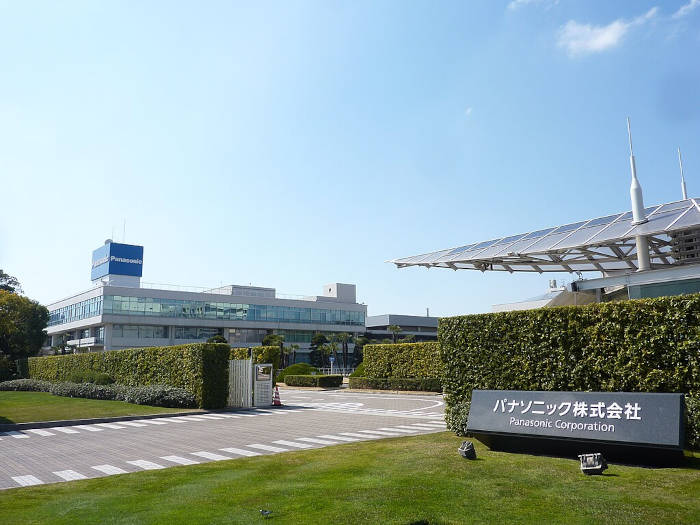The open source legal safety nets grow as Panasonic Automotive adds its weight to Linux patent defense efforts.

On Thursday, Japan-based Panasonic Automotive Systems announced that it had become a community member of Durham, North Carolina-based Open Invention Network. OIN is a nonprofit that’s mandated to protect the “Linux system” — the kernel plus key open-source components — using a large patent portfolio as defense against infringement claims.
Founded in 2005, the organization employs “patent non-aggression” — an approach akin to the “mutually assured destruction” doctrine used in the nuclear age, or as George Harrison once put it, “Sue Me, Sue You Blues.” OIN achieves this by maintaining the world’s largest patent cross-license, granting defensive patent protection to all of its more than 4,000 corporate members.
At the time the organization was founded, the perceived biggest threat was from proprietary software vendors who were publicly determined to put an end to Linux and open source — an effort led by Microsoft which claimed that Linux infringed 235 Microsoft patents.
That initial threat has largely disappeared, as large proprietary vendors have embraced open source. This has moved the focus to patent trolls — non practicing entities that neither develop, market, nor use software, but which amass patent portfolios to use against open source vendors — who traditionally were forced into costly settlements to avoid the larger cost of litigating, even against weak cases.
Since Linux largely propels modern IT infrastructures, both in data centers and in edge devices such as automotive, OIN membership has become a smart move for developers and vendors seeking to protect their IT investments.
“Panasonic Automotive Systems has been continually and substantively contributing to multiple OSS communities, such as Automotive Grade Linux, in our efforts to develop OSS technologies,” Masashige Mizuyama, executive VP and CTO at Panasonic Automotive Systems said in a statement. “These efforts include leading the standardization of VirtIO — a key virtualization technology for software-defined vehicles. We have also contributed to technological advancements in the industry overall.”
Oldtimers like me will remember that Panasonic was a household name in the 1960s and 1970s as a top selling manufacturer of televisions, stereos, and home appliances. These days its focus has shifted to automotive solutions, battery technology, business-to-business and industrial systems, and home energy solutions, so by 2023 consumer electronics accounted for about 22% of its total sales.
“Advanced automotive technology and connectivity are propelling ongoing innovation within the automotive industry,” Keith Bergelt, CEO of Open Invention Network said. “These innovations make the automobiles more integrated, safe and secure. Open source is a key driver of these capabilities. As a global leader in advanced automotive technology, we are pleased that Panasonic Automotive Systems is committed to patent non-aggression in core Linux and adjacent Open Source technologies.”
Although open source’s vulnerability to patent threats doesn’t top the news as it did 15 years ago — due both to OIN’s activities and open source’s rise to dominance — enterprises continue to see the value in OIN membership, which makes the organization’s patent portfolio an important defensive tool. This year alone, at least a dozen companies have signed on with OIN, including BBC, China Telecom, Electrolux, Schneider Electric, and Wells Fargo.
“In joining the OIN, we are supporting the strong development of Linux and other Open Source technologies, and further strengthening our contributions to OSS communities,” Mizuyama said. “We will also move forward with making further use of open source software to accelerate the development of the advanced in-vehicle software that is needed in the SDV (self-driving vehicle) era.”
Christine Hall has been a journalist since 1971. In 2001, she began writing a weekly consumer computer column and started covering Linux and FOSS in 2002 after making the switch to GNU/Linux. Follow her on Twitter: @BrideOfLinux





